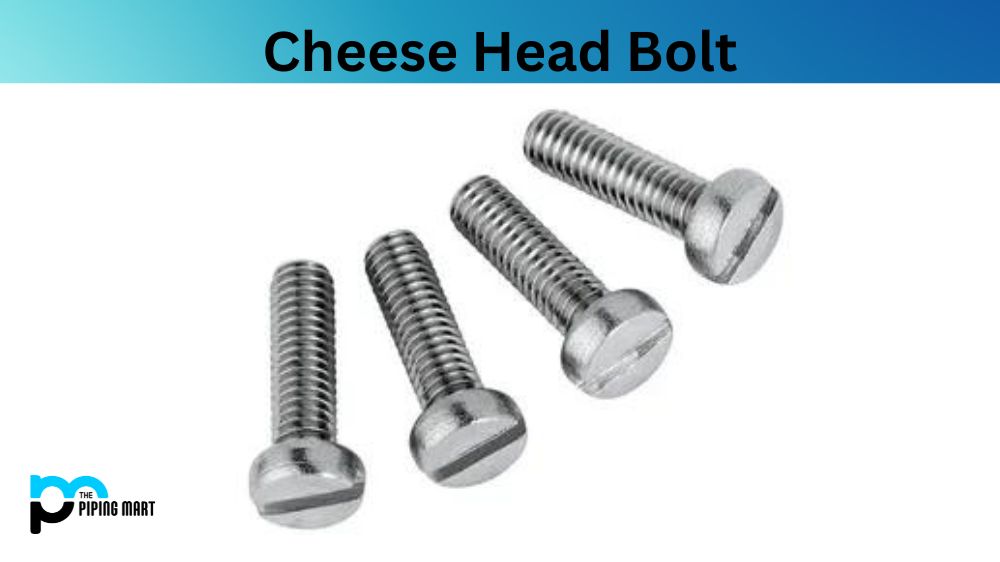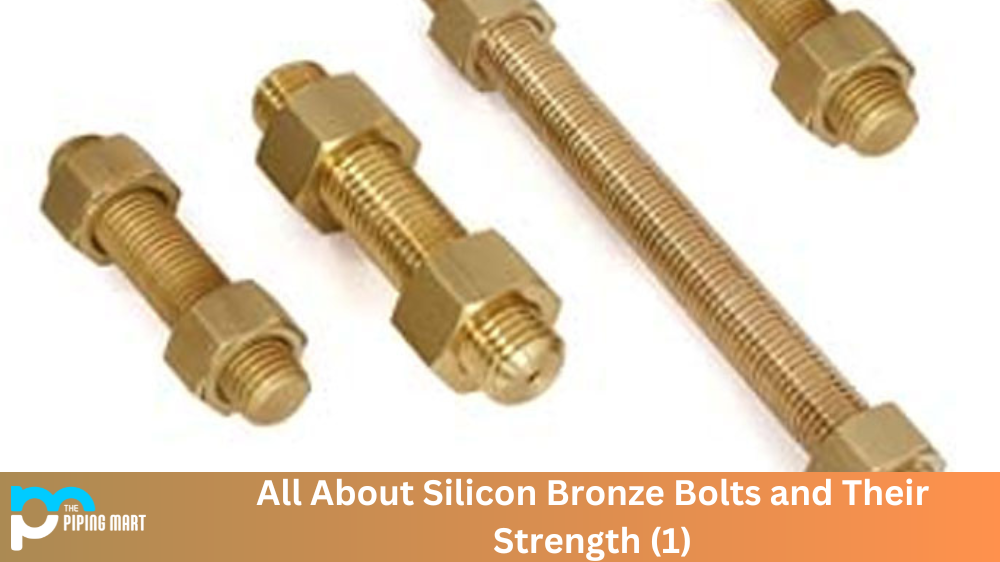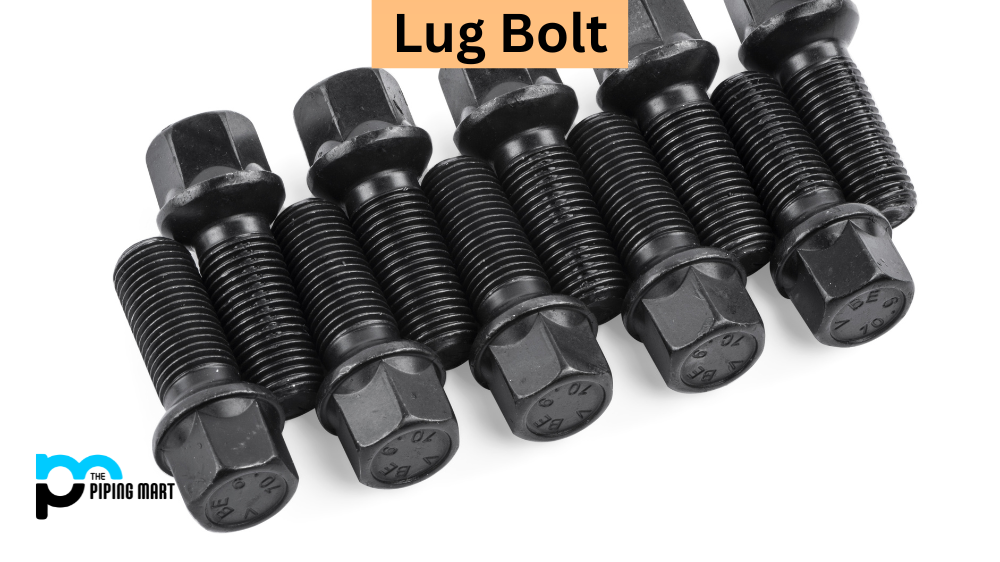Have you ever heard someone refer to a lock washer or regular washer and wondered what they were talking about? Understanding the difference between these two types of washers is essential for anyone who works with metal parts and assemblies. In this blog post, we’ll discuss these types of washers, how they are used, and when it is best to use one type over the other.
What is Lock Washer?
Lock washers are designed to help hold nuts, bolts, and screws in place. They come in both internal (tooth) and external (helical) varieties. Internal tooth lock washers have sharp edges that dig into the secured material, creating increased friction that helps keep the fastener from vibrating loose. Helical lock washers have curved edges that act like tiny springs which wrap around the fastener, creating pressure against it to reduce vibrations. As the name implies, these two types of lock washers “lock” fasteners in place more securely than regular washers do.
Regular Washer
Regular flat or beveled-edge washers are typically used as cushioning spacers between two parts on a machine or between a nut/bolt head and another surface. They protect surfaces from rubbing against each other while also helping distribute pressure evenly over a larger area reducing wear on surfaces over time. However, they provide less resistance to vibration than lock washers, so they will not keep fasteners tight nearly as well over time.
Difference Between Lock Washer and Regular Washer
When Should I Use Each Type?
If you need a secure fit that will resist loosening due to vibration, use an internal tooth or helical lock washer, depending on your specific application requirements. If you need something that acts more like a spacer/cushion between parts, use a regular flat or beveled-edge washer instead. Ultimately it comes down to understanding your application requirements and using the type of washer that meets those needs best!
- A lock washer is a type of washer that is used to prevent two pieces of metal from coming loose.
- A regular washer is a type of washer that is used to distribute the load of a fastener.
- Lock washers are made from steel or stainless steel, while regular washers are made from brass or bronze.
- Lock washers are more expensive than regular washers.
- Lock washers are available in various sizes and styles, while regular washers are typically only available in one size and style.
- Lock washers are typically used in applications where safety is a concern, while regular washers are typically used in applications where cost is a concern.
Conclusion:
Both lock washers and regular flat/beveled-edge washers have unique uses in various applications. Lock washers provide more secure connections by increasing friction while also resisting vibration better than regular flat/beveled-edge ones can; however, their primary purpose is still to prevent loosening due to beat, so if your application does not require extra security, then you may want to opt for a regular flat/beveled-edge one instead! Understanding when to use which type of these two common types of fastener accessories can help ensure that your projects turn out exactly how you want them to!

Abhishek is a seasoned blogger and industry expert, sharing his insights and knowledge on various topics. With his research, Abhishek offers valuable insights and tips for professionals and enthusiasts. Follow him for expert advice on the latest trends and developments in the metal industry.




